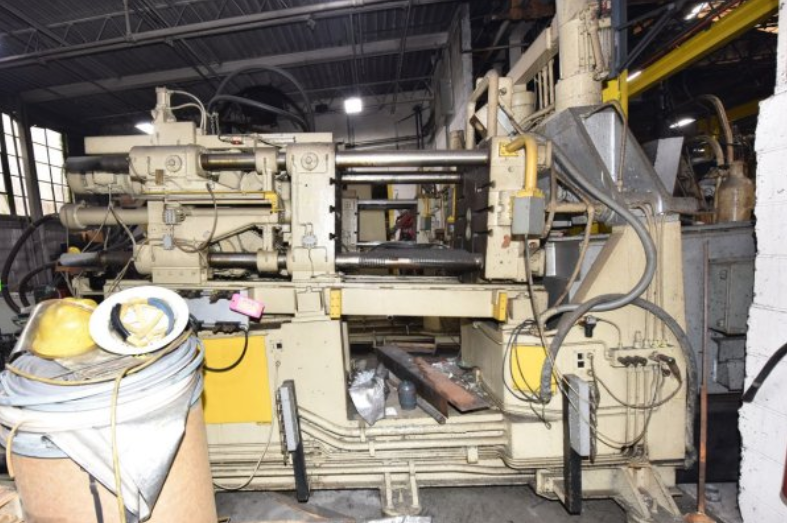Die casting is a widely used manufacturing process in which molten metal is injected into a mold cavity under high pressure. It is known for its ability to produce complex and accurate shapes with excellent surface finish. In this comprehensive guide, we will explore the various aspects of die casting, including its history, the process, materials used, and its applications.
History of Die Casting
Die casting has a rich history that dates back to the mid-1800s. The first patent for a die casting machine was granted to Elisha K. Root in 1849. However, it wasn’t until the early 20th century that die casting gained popularity as a reliable and efficient manufacturing method. The development of alloys, such as zinc and aluminum, further contributed to the growth of die casting.
The Die Casting Process
Die casting involves several steps, starting with the preparation of the mold. The mold, also known as a die, is typically made of two halves that are machined to form a cavity. The molten metal is then injected into the die using a high-pressure injection system. As the metal cools and solidifies, the die is opened, and the finished part is ejected.
Materials Used in Die Casting
Die casting can be performed using a wide range of metals and alloys, but the most commonly used materials are aluminum, zinc, and magnesium. Aluminum is known for its excellent strength-to-weight ratio and corrosion resistance. Zinc, on the other hand, offers superior dimensional stability and high precision. Magnesium is the lightest of all structural metals and provides excellent strength and stiffness.
Types of Die Casting
There are two main types of die casting: hot chamber die casting and cold chamber die casting. In hot chamber die casting, the injection system is immersed in molten metal, which eliminates the need for a separate melting furnace. This method is primarily used for alloys with low melting points, such as zinc. Cold chamber die casting, on the other hand, requires the metal to be melted in a separate furnace before injection. This method is suitable for alloys with high melting points, such as aluminum.
Advantages of Die Casting
Die casting offers numerous advantages over other manufacturing processes. One of the key advantages is the ability to produce complex shapes with high precision. Die casting also allows for the production of parts with thin walls and fine details. The process is highly efficient, with fast cycle times and high production rates. Furthermore, die-cast parts have excellent surface finish and can be further treated or coated for enhanced aesthetics and protection.

Applications of Die Casting
Die casting finds applications in a wide range of industries, including automotive, aerospace, electronics, and consumer goods. In the automotive industry, die casting is used to produce engine components, transmission parts, and structural elements. In aerospace, die casting is employed for manufacturing lightweight and high-strength parts. The electronics industry utilizes die casting for producing housings and heat sinks. Consumer goods, such as kitchen appliances and power tools, also benefit from die-cast components.
Conclusion
Die casting is a versatile and efficient manufacturing process that has revolutionized the production of complex and precise metal parts. With its long history and continuous advancements, die casting remains an integral part of various industries worldwide. By understanding the process, materials, and applications of die casting, manufacturers can harness its benefits and create high-quality products that meet the demands of modern markets.
-

- Magnesium alloy die-casting electric vehicle mid-mounted motor housing
-

- parts&comopnents for bicycle suspension fork for MTB
-

- Magnesium alloy die-casting parts&components for e-bike
-

- Bicycle Freehub 12/14/16 Inch Children Bike Low Rider Bikes Magnesium Aluminum Alloy Children Bicycle 3-8 Years Old In Stock
-

- High precision magnesium alloy die casting parts for automotive ignition lock
-

- OEM die-casting components & parts

 0086-750-5616188
0086-750-5616188 +86 13392089688
+86 13392089688 sales@zhongmei-tech.com
sales@zhongmei-tech.com







